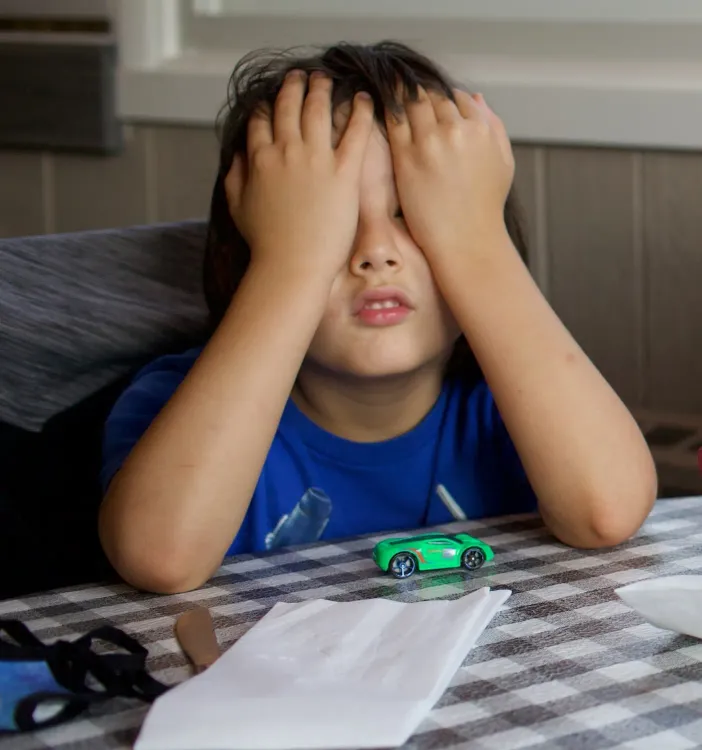Can Spanking Children Affect Their Academic Performance and Emotional Development?

Synopsis
Key Takeaways
- Physical punishment is linked to adverse health effects.
- It negatively impacts academic performance.
- Corporal punishment correlates with impaired social-emotional development.
- There are no positive outcomes associated with physical discipline.
- 65 countries have enacted bans on corporal punishment.
New Delhi, May 5 (NationPress) Physically punishing children can lead to a range of adverse effects, including poor health, lower academic achievement, and impaired social-emotional growth, according to a study released on Monday.
This research, published in the prestigious journal Nature Human Behaviour, revealed that physical punishment correlates significantly with deteriorating parent-child relationships, experiencing violence, engaging in violent behavior (including intimate partner violence in adulthood), endorsing violence, and various health challenges—both physical and mental. Other negative outcomes include substance abuse, poor academic performance, and compromised language skills.
The findings also indicated detrimental impacts on executive function, social-emotional abilities, general behavioral issues, internalizing behavior problems (such as depression and withdrawal), and externalizing behaviors (like aggression and destruction). Additionally, early childhood development and sleep quality were negatively affected.
Researchers from New York University-Steinhardt found no positive consequences associated with corporal punishment.
Lead author Jorge Cuartas, an Assistant Professor of Applied Psychology at NYU, stated, “The consistency and strength of these findings indicate that physical punishment is universally detrimental to children and adolescents.” He emphasized the need for further research to discover effective global strategies to prevent physical punishment and protect children from all forms of violence for their healthy development.
In 2006, the UN Secretary-General advocated for a ban on corporal punishment, which involves any physical act intended to inflict pain, such as smacking, shaking, or spanking.
As of now, 65 nations have enacted full or partial bans on such practices, with a majority from high-income countries (defined as having a gross national income of at least $14,000 per capita), spurred by the UN’s call and research highlighting adverse outcomes in wealthier regions.
The researchers examined 195 studies related to corporal punishment conducted between 2002 and 2024, covering 92 low- and middle-income countries, and focusing on 19 outcomes related to parent-child relationships, mental and physical health, violent behavior, attitudes towards violence, substance use, cognitive function, social-emotional skills, sleep, motor skills, and the risk of child labor.








